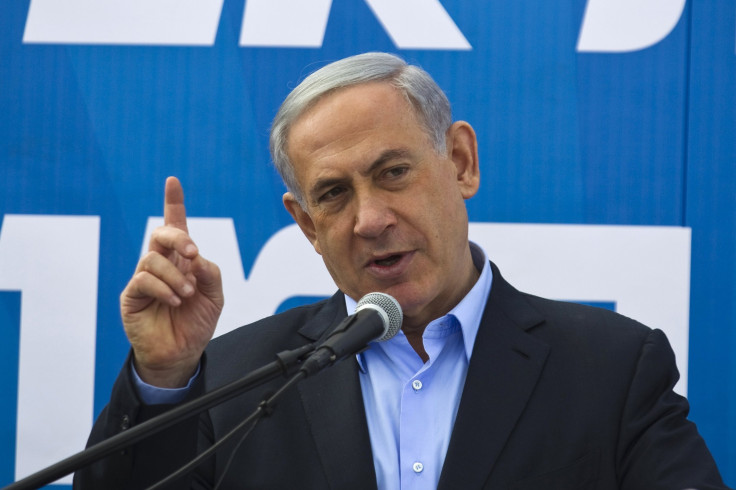Netanyahu Blames UN For Border Clashes With Lebanon's Hezbollah

Amid intensifying clashes between Lebanon’s Hezbollah and the Israeli military, Israel's Prime Minister Benjamin Netanyahu on Sunday criticized the United Nations for failing to prevent the escalation of violence in the region, according to media reports. Netanyahu reportedly made the comments during a conversation with U.N. Secretary-General Ban Ki-moon on Sunday.
Netanyahu reportedly alleged that the United Nations Interim Force in Lebanon (Unifil) peacekeepers, who were deployed along Lebanon’s border with Israel in 1978, “aren't reporting on weapons smuggling into southern Lebanon,” and that a U.N. resolution ending the 34-day war between Israel and Lebanon in 2006 is not being implemented. The resolution had called for the disarmament of all groups, including Hezbollah, and a ban on all armed forces except Unifil and the Lebanese Army in southern Lebanon.
The 2006 war between Israel and Lebanon was allegedly triggered after Hezbollah -- a Shia Islamist group -- killed three Israeli soldiers and abducted two others from a border town. Nearly 1,500 people are believed to have died in the ensuing conflict.
Over the last few weeks, an uptick in hostilities between the two long-time foes has led to the deaths of at least 10 people, including six Hezbollah fighters, two Israeli soldiers and a U.N. peacekeeper, marking the worst flare-up along the border since the 2006 war.
Netanyahu also blamed Iran for supporting Hezbollah and engaging in a proxy war in the region. “Until now the world community has not pointed an accusatory finger at Iran, which was behind the attack on the northern border,” Netanyahu reportedly said.
The Israeli prime minister’s comments come even as Hezbollah signaled that it is not interested in escalating the conflict in the region. On Friday, Hezbollah leader Hassan Nasrallah reportedly said that though he does not want war, he would not hesitate to respond to violence initiated by Israel, “in any place and at any time.”
© Copyright IBTimes 2024. All rights reserved.












